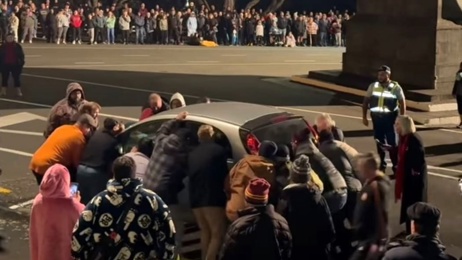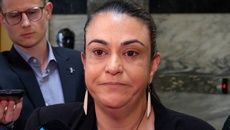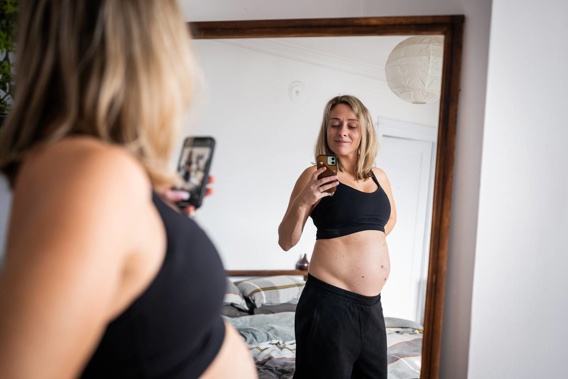
Kiwi journalist Charlotte Bellis stranded and pregnant in Afghanistan says comments from Covid-19 Response Minister Chris Hipkins about her situation and why she was denied an emergency MIQ spot are "outrageous".
Hipkins says "there is a place in MIQ for people with special circumstances like Ms Bellis", with more options being provided to assist her with her emergency MIQ application.
However, only about 13 per cent of applications – 29 – involving pregnancies were successful since June last year (118 were deemed incomplete or withdrawn by the applicant), compared to a 60 per cent success rate among emergency applications overall.
And a lawyer who has represented dozens of people in similar situations pro bono says rejections are often overturned only once legal and/or media pressure was applied, raising questions about how fair the process is.
Christchurch-born Bellis, in an open letter published in the Weekend Herald, revealed her battle to come home and give birth in her home country, and how she had to ask the Taliban to see if she could return to Afghanistan.
Since then, there have been renewed calls to amend the managed isolation and quarantine emergency allocation criteria to specifically cater for pregnant women.
Hipkins on Monday published a statement defending the Government's actions around Bellis and pregnant women being denied emergency allocations in general.
"I want to be clear, there is a place in MIQ for people with special circumstances like Ms Bellis. No one's saying there is not," Hipkins said.
The issue was Bellis and her partner planned to travel to New Zealand after a 14-day window as required under the emergency criteria, he said.
Officials had told her to reapply with a shorter travel timeframe and to apply under another category that meant there was serious risk to their safety in Afghanistan, Hipkins said. He also suggested she had been offered New Zealand consular assistance while in Afghanistan.
"I encourage her to take these offers seriously," Hipkins said.
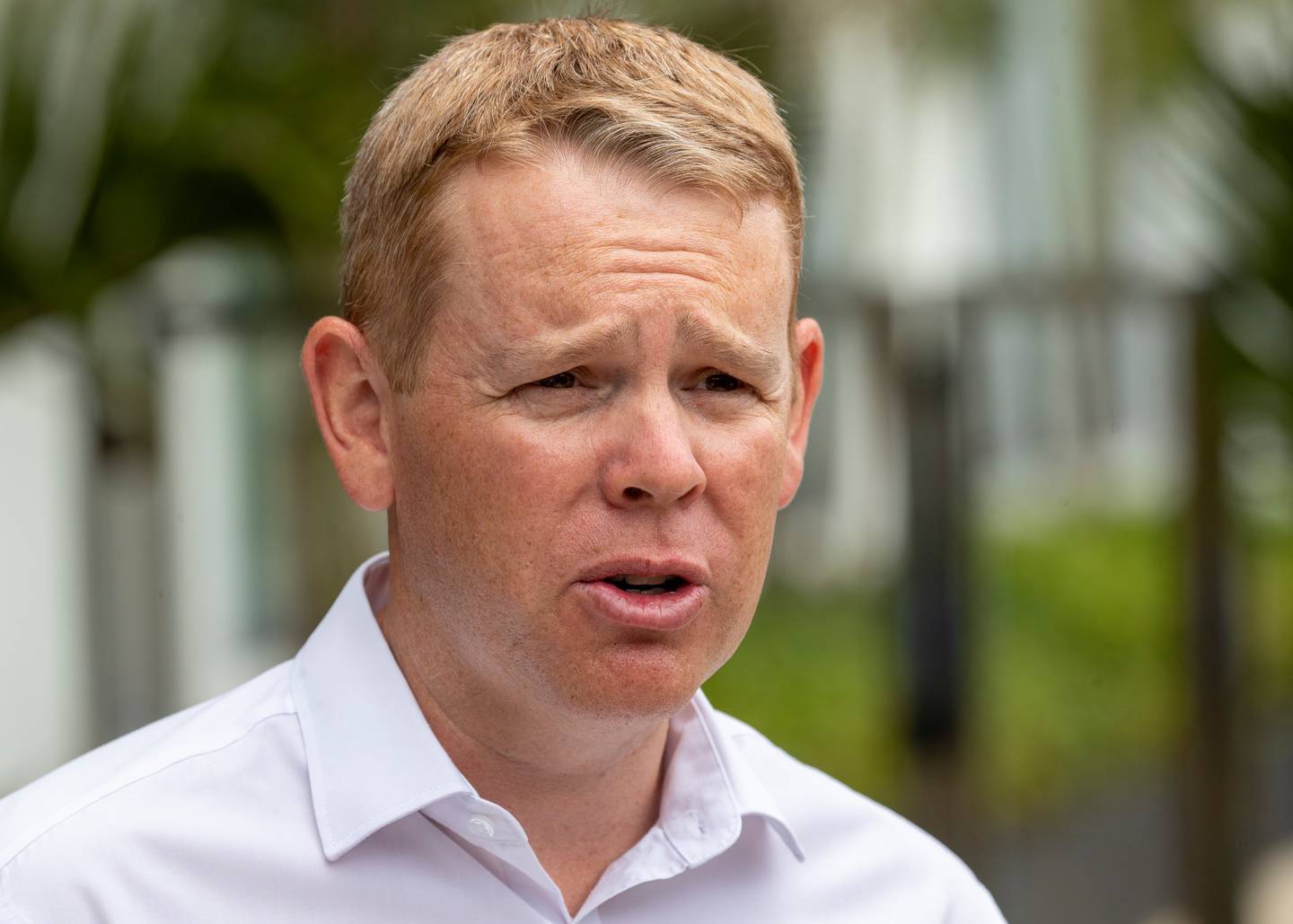
Covid-19 Response Minister Chris Hipkins. Photo / Mark Mitchell
Bellis told the Herald she rejected each of Hipkins' claims.
The category around safety did not apply – they had been assured safety by the Taliban, and MIQ did allow exemptions to the 14-day travel window, she said.
The main reason for their return continued to be access to "time-critical medical treatment" not available where they were presently, regarding Afghanistan's poor level of maternity services. Bellis said they would keep pushing for that exemption to be granted.
"He is quite clear there is a pathway including medical treatment you cannot get where you are. Why do I not meet that threshold?
"But the most outrageous is his comment for us to 'take seriously' these offers. Anyone who thinks I'm in Afghanistan preparing for the birth of my first child not taking this seriously is being disrespectful."
Addressing criticisms including how she might have used her profile to get attention, Bellis said she would much rather not have gone public but felt she needed to speak up given the many other women in similar situations.
"I thought as someone with a platform I do have responsibility to say something, to try and move the dial towards a more empathetic response."
Last year Roshni Sami and barrister Tudor Clee started the Baby Bridge Initiative to help others to lobby the Government to do better by mothers-to-be. It has the support of National, Act and the Green Party.
Sami went to court after her husband, Walter, who was stranded in the United States, was denied an MIQ spot before their child's birth.
She gave birth on December 30 with Walter by her side.
Clee, who has represented dozens of people pro bono in similar circumstances, previously told the Herald that while the emergency criteria allowed for situations involving pregnancy, it was highly complicated and easy to get wrong – hence the high number of applications deemed incomplete.
Clee said rejections were often overturned once legal and/or media pressure was applied. Clee had written to the Government, urging it to amend the criteria.
Bellis alluded to this in her open letter also, saying that while her application was initially rejected it was "mysteriously" reopened, unsolicited, after she made an inquiry through a National Party MP and public relations expert.
"The decision of who should get an emergency MIQ spot is not made on a level playing field, lacks ethical reasoning and pits our most vulnerable against each other," she wrote.
National's immigration spokeswoman, Erica Stanford, said she wrote to Hipkins in October on behalf of the group, but to no avail.
"By Charlotte coming forward, it highlights what hundreds of women have faced over the last two years," Stanford said.
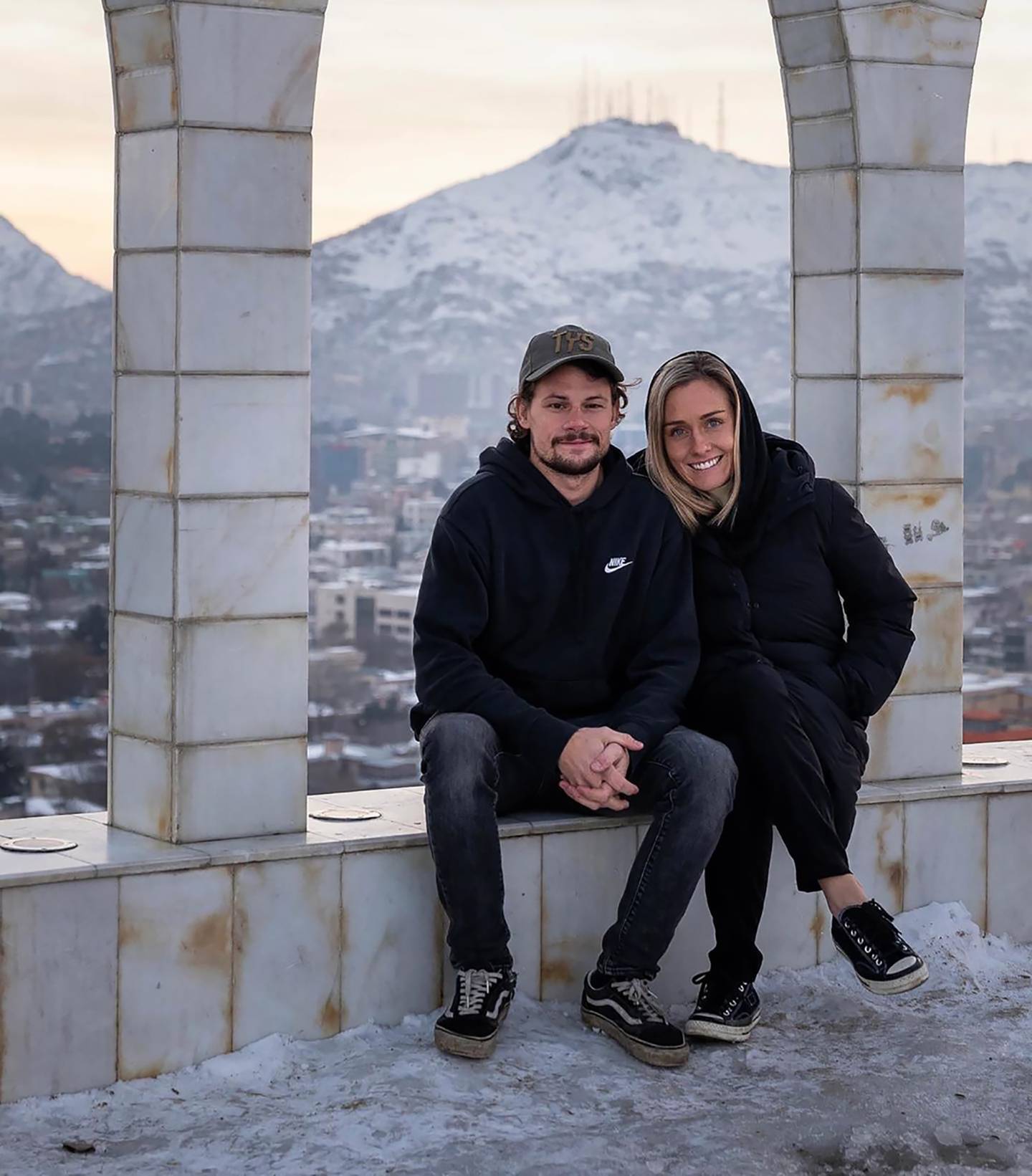
Charlotte Bellis with partner Jim Hoylebroekin Kabul, Afghanistan. Photo / Supplied
Head of MIQ Chris Bunny said it had looked into making changes to how applications involving pregnancy were considered, but decided instead to "include consideration of the unborn child when assessing and making decisions where pregnancy is part of the emergency application".
Hipkins said while MIQ had to make difficult choices, it had "served New Zealand exceptionally well, saved lives and hospital admissions and kept our health system from being swamped, unlike the situation in many other countries".
There would be changes at the border announced "soon", he said.
Hipkins said the emergency allocation criteria did cater for expectant mothers and/or those bringing their partner home to support them.
"This includes for medical treatment if a mother is overseas and cannot get the required treatment where they are, and allowing people to urgently return to New Zealand to provide critical care for a dependant, such as their spouse or partner who is pregnant."
However, figures released to the Herald show just over 10 per cent of such applications involving pregnancy are approved. This compares with about 60 per cent of emergency applications overall being approved.
From June 1 last year to today there were 219 emergency allocation applications which involved a pregnancy, with 29 approved. Of those, 65 were declined and seven were still in process (including that of Bellis).
There were 118 cancelled by the applicants or they were not processed due to being incomplete applications.
Meanwhile, From October 30, 2020, to January 23, 2022, MIQ processed 8863 completed emergency allocation applications and approved 5396.
- by Michael Neilson, NZ Herald
Take your Radio, Podcasts and Music with you



